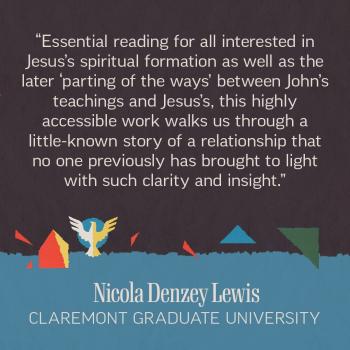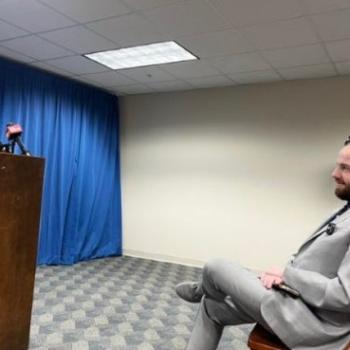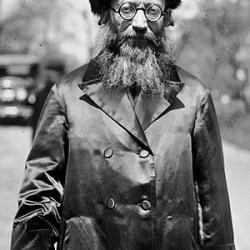Kim Kardashian's 72-day marriage to Kris Humphries put marriage on garish display as a kind of sideshow drama—a public relations exercise more carefully designed to capture headlines than to secure the hearts of the couple at the center of the spotlight into an eternal covenant. The frivolity of their divorce was made all the more damaging to the institution of marriage itself as Kardashian's publicist openly admitted that the entire saga was part of a plot to make money the old fashioned way—by extortion.
When Louisiana native Jason Alexander recently reflected on the 55-hour "marriage" he shared with Britney Spears eight years ago, he confessed that he and his childhood friend were intoxicated and under the influence of drugs when they decided to tie the knot in a small wedding chapel in Las Vegas. What followed made a mockery of marriage, proving, in many ways, that love really had nothing to do with it. For them marriage was some sort of impulsive, sophomoric experiment that was quickly annulled—supposedly leaving neither bride nor groom affected by the event. Yet, after almost a decade, Alexander states he was left "hurt." He had involved his "feelings in the matter," he said, only to find himself rejected before the ink had dried on their wedding certificate.
Apparently the free love of the 1960s has given way to the free market of love in the 21st century, where marriage is a formal ceremony with little or no enduring significance, purchased and discarded on a whim. Sex, not the covenantal commitment of marriage, has become the source of self-fulfillment and the key to everlasting bliss. Such a social calculus will soon wreak havoc on a society emboldened in a race to the bottom of morality's barrel.
With the public support of the President of the United States for homosexual marriage, an epistemological crisis now looms ever larger as the very definition of marriage is under assault. The issue seems destined for the Supreme Court, as it is now no longer merely a legislative matter. Rumblings emerge from across the states as cases are being formulated that will openly challenge definitions of marriage codified by state ballot initiatives. Under the judicial rubric of civil rights with protection by the 14th Amendment to the US Constitution, cases are certain to make their way (quite quickly if all legal processes work according to plan) to the nation's highest court with the goal of a reversal of the Defense of Marriage Act.
The Church, told repeatedly that it cannot advance arguments in the public square that are based simply on a biblical ethic, has unwisely accepted the terms that it must make its argument on exclusively empirical grounds. Marriage is, therefore, described as a concrete good for society; the building block of a nation without which children cannot be properly raised and nurtured; a social utility laden with great good for all people. This has been done in hopes that even the non-religious will be persuaded that a traditional definition of marriage can be sustained in the court of public opinion. This approach has failed as a majority of Americans now support homosexual marriage.
Arthur Schopenhauer was right when he said, "To preach morality is easy, to give it a foundation is hard." British pastor and theologian Christopher Ash in his book, "Marriage: Sex in the Service of God," agrees that the gap between morality and its foundation must be closed. "The perceived distinction between 'marriage' and 'Christian marriage,'" Ash writes, "touches on a deep ethical question which affects the apologetics and evangelism of any marginalized church: is Christian ethics for the church alone, or does it have a moral call upon the world?"
And with this, the war begins. To admit that there is a unifying definition of marriage which is binding for both the church and the world is to reconcile what the Enlightenment sought to separate: that every object and action has a purpose for being within the whole of the created order. In other words, nothing and no one is absolutely autonomous. Being and doing are critically linked, and attempts to separate them fortify the facade that each individual possesses both the right and the ability to create acceptable ethics apart from revealed truth.
Seeking to shore up support for the one-man-one-woman-for-life doctrine has come on hard times. How this could be in an age when evangelical ministries abound with marriage conferences and targeted communication techniques designed to make every marriage happy is no longer a mystery. For few churches teach why marriage fits into the overall purposes of God, how it squares with the whole of biblical theology, and what purpose it serves as an aid toward greater and more meaningful service in the Kingdom of God.





